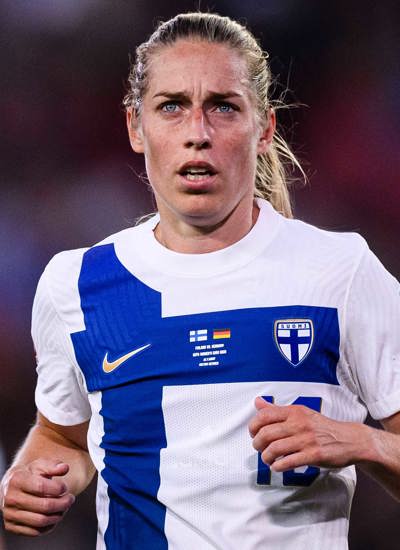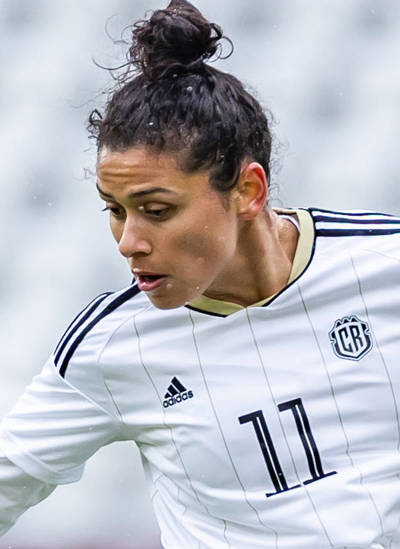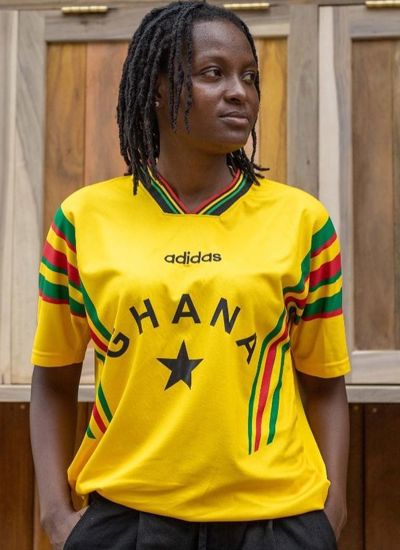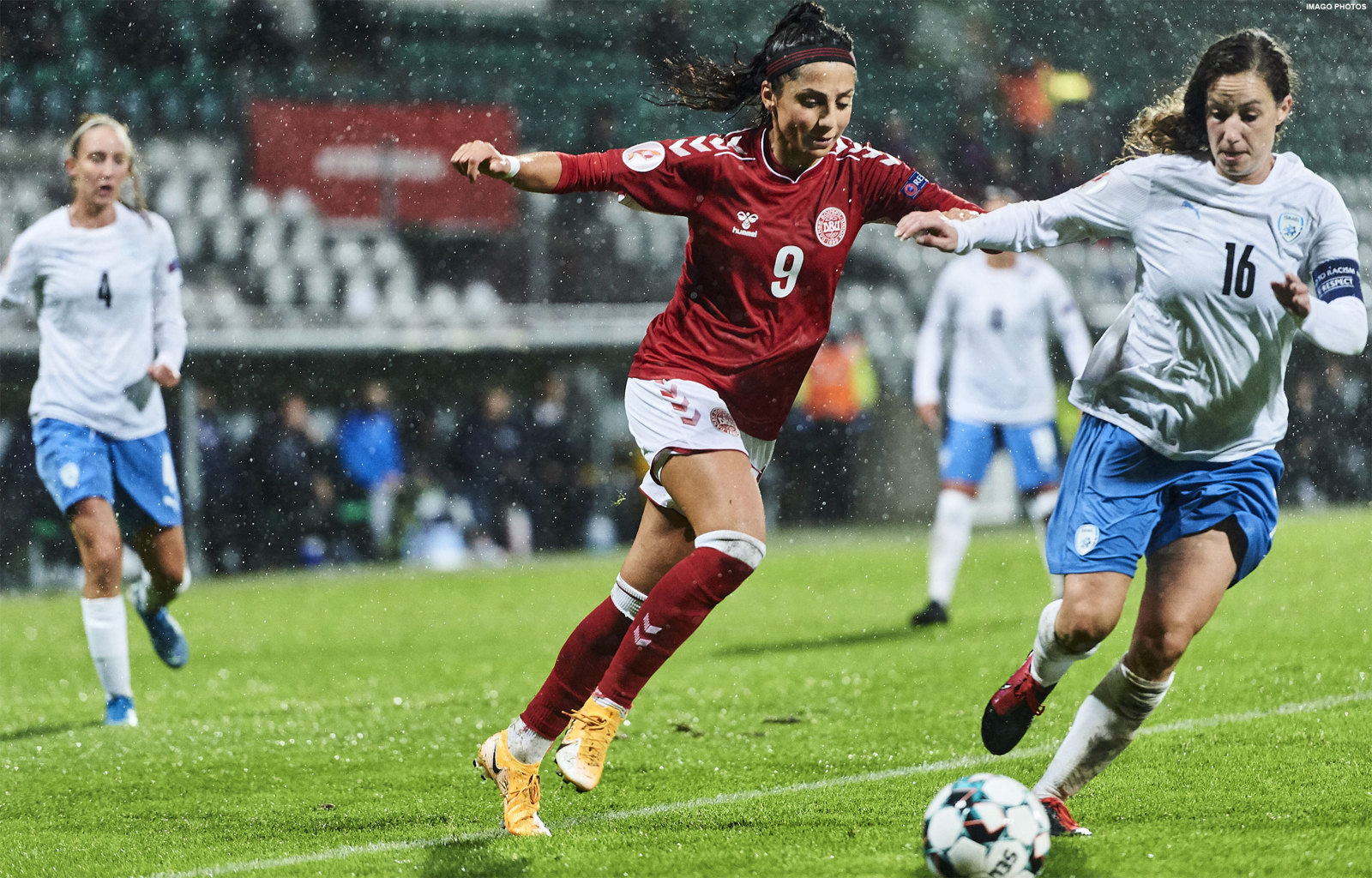
Karin, currently playing for F.C. Ramat HaSharon, is the first woman to chair the Israel Football Player’s Association (IFPO). She has a master’s degree in social psychology and works as a researcher at Achord Center in Israel. Her speciality is in intergroup relationships, through which she strives to create a more just society – an ambition that is also very much at the centre of her work in football.
“Failure is especially something that we come across a lot in life, and it’s important to know how to get up from that”
— by Karin Sendel
Have you developed skills as a team captain that are transferable to your role as Chair of IFPO?
Football in general teaches you a lot about teamwork: determination, setting goals, motivating yourself, rising up from failures. Failure is especially something that we come across a lot in life, and it’s important to know how to get up from that.
As a captain I have to know the right approach for getting the most out of each player, and I think this ability to recognise the needs of both the individual and the team as a whole is also relevant in my work off the pitch.
Can you tell us about difficulties faced by female players in Israel?
Football is a male dominated sport all over the world, but it in Israel there’s such a stigma attached to female players. We’re branded as “men” and ignorant assumptions are made, with a lot of parents not letting their little girls play because they're scared that they'll “turn gay”.
From a budget point of view, we’ve fought hard, and won court cases, but men's football still receives around twenty times more financial support from the sports ministry than women’s football does. This disparity makes it hard to reach the level that will create public interest, meaning we get little attention from media and sponsors. It will take a lot of work to break the cycle.
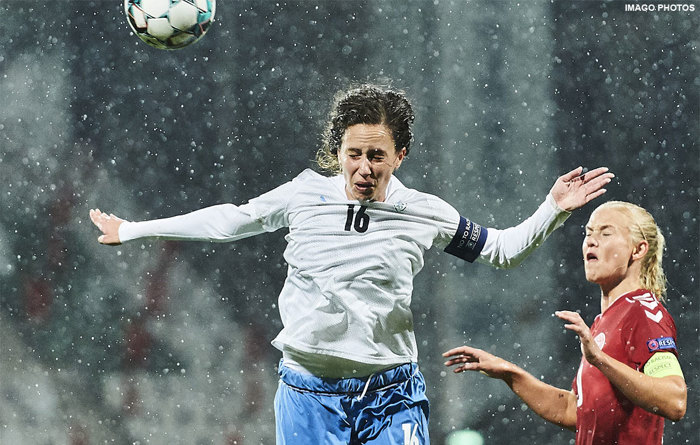
Can you tell us about the recent professionalisation of the Israeli women's football league?
We've been trying to professionalise it for a long time, but when “non-professional” leagues were stopped with the first lock-down all women were treated as amateurs.
There’s no definition of a professional league in Israel that didn’t cover us, it was just a decision that had been made, so we developed a huge public campaign to change our status. There was a lot of resistance, but we eventually fought through it - so by the second and third lockdowns we were afforded the same rights as the men in the Premier League.
All it took was a change of definition for us to be back on the field with better equipment and referees, and to change the game.
Are your personal experiences a force behind your drive for change?
Every one of my experiences has led me to a position from which I want to change things for the next generation.
Twenty years ago, it was totally unacceptable for a girl to play. I would get comments and kids in school laughed at me, not to mention the sacrifices I had to make - traveling six hours a day just to have the opportunity to train. I was motivated by my passion and love for the game, but you had to be really strong to continue.
Now, in my work as a social psychologist and a member of the board, everything I do is channelled at improving the reality of the society that we live in. Every little thing is a battle for us, it was a two-year struggle just to get our names on our national team jerseys, and I want the next generation to come into a world that knows their worth.
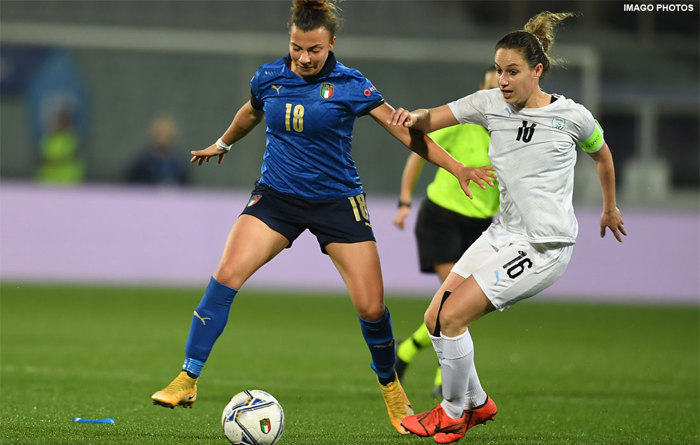
What’s your experience of the Ready to Board programme?
I had no idea what to expect, but I’ve found myself surrounded by so many like minded people who are passionately creating a better world for women in football. Being in the presence of these other women, whose stories are so inspiring, makes me want to do better and I’ve learned so much from their experiences already.
I'm already in a position of influence, but I'm not actually involved in the decision-making processes. I’m going to take all of these learnings with me, and hopefully use them to develop real power to change things for the better, both in Israel and on a global level.
